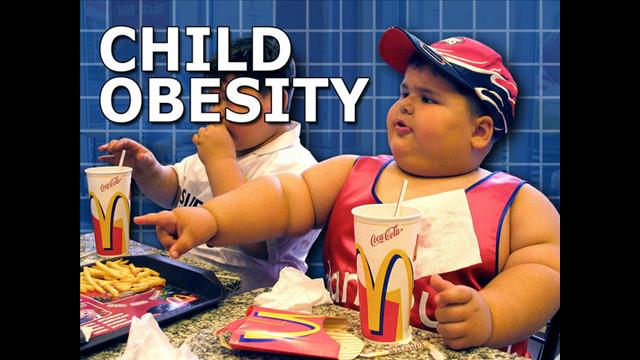By Robert J. Marsh-
Jeremy Hunt has announced new measures intended to help reduce children’s obesity by 50% by the year 2030.
This new aim continues with the intentions laid out in Chapter One of the Childhood Obesity Plan.
Part of the plan is to crack down on the ‘bargain’ advertising of unhealthy products, such as
reductions, 2 for 1 deals, and so on, and being placed unavoidably in the checkout sections of shops.
The Uk government is calling on the advertising industry to recognize the harm adverts for foods high in fat, sugar and salt can cause children. The government is due to consult on introducing new TV and online advertising restrictions to prevent children from being targeted by these unhealthy products. It also aims to incentivise companies to reduce the sugar and calories in the products they sell. An idea being considered is the extension of the current advertising watershed, as well as considering limiting the number of unhealthy food adverts shown during children’s programmes up to 9pm. The Government plans to launch a 3-year programme in close conjunction with local authority partners. It’s overall aim is find solutions to problems, and share best practice solutions with others, with a particular focus on inequalities, finding solutions to barriers and sharing best practice with others.
Jeremy Hunt, Secretary of State for Health, said:
”Parents want what is best for their children, but keeping them healthy and active can be difficult.It is near impossible to shield children from exposure to unhealthy foods. Parents are asking
to help – we know that over three-quarters of parents find offers for sugary sweets and
snacks at checkouts annoying. Its our job to give power to parents to make healthier choices,
and to make their life easier in doing so…”
The Department for Health And Social Security will consult with relevant parties on ways of further emphasizing and transparently
displaying nutritional information such as fat, sugar and calories and all other relevant data. On
menus and product labels in social dining, and food-sales premises. The government is also planning a consultation regarding
a potential ban upon caffeine-rich, energy beverages, currently being consumed by around
25% of children aged 6 – 9. It certainly appears the British government is serious about addressing this serious problem in society.
The government also aims to crack down on television adverts and other advertising that promote
the sales of foods rich in salt, sugar, and fats. This includes advertising limitations for adverts aimed
at our children, which would automatically reduce the advertising of detrimental products and
others, as well as including restrictions on such advertising taking place before 21:00 each day.
The proposal of the ‘active mile’ idea, a nationwide aim for all juniors schools to promote a mile of
exercise for its students each day, has been backed by a fund for a scheme known as the Living
Street’s Walk to School Project, with funding levels reaching £620,000 to help incorporate this
project.
Secretary Of State For Health : Jeremy Hunt
The Public Health Minister Steve Brine had this to say:
”One in three children are now overweight or obese by the time they leave primary school.
Dangerous overconsumption, combined with reduced activity, is having a catastrophic effect
on our children’s health, limiting their potential and putting them at risk of a shorter life.
”We all have a responsibility to act before we lose a generation of young people to this
entirely avoidable epidemic. We can’t afford to waste time, which is why we’re committing
to halve obesity in the next 12 years with bold action.”
DIFFICULT
All children can be difficult at times, nagging their parents and guardians for that sugar-rich treat or
other such products. The easy availability of these detrimental substances it puts parents
in difficult situations. If the government were to nip some of these problems in the bud by reducing
advertising and sales of such products, it is a win win situation for all.
Of course, at first, the children would kick up a fuss for a while, but by informing them that ”they don’t sell them any
more” or ”its against the law to sell these to anyone under a certain age” and so forth, empowers
the parents to do the right thing, and do so much more easily. The moment children understand these
laws or situations are out of the parents hands, they will have no choice but to accept (albeit
begrudgingly) a somewhat healthier existence. Also, less advertising, equals less presence of such
products in the minds of our children, and therefore less urge to have them.
EXERCISE
The implementation of nationwide exercise incentives could have fantastic benefits to children, especially as it
opposes the laziness of our children which is largely due to the ever-increasing and distracting
hold technology and social media has over them. This has led to a considerable decline in child
and youth physical activity rates. It is good to know that there are still ways of reaching them, and
that people in influential positions are working hard to serve the greatest good of our children and
the greatest good of their futures, and these above-mentioned steps – if followed through and met –
are certainly steps in the right direction.

